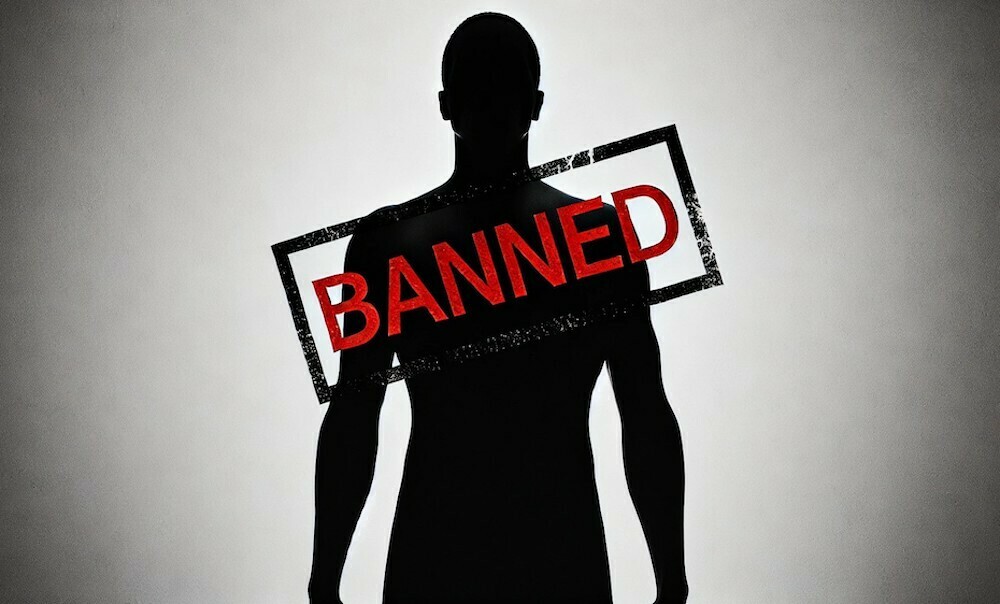When he first heard the news, veteran journalist Muhammad Farooq Mehsud, who has been covering militancy and political affairs in Pakistan’s volatile tribal areas since 2011, was not prepared for the shock. Mehsud was educated on Oct 7 — the day after the prohibition on the Pashtun Tahaffuz Development (PTM) was reported — that he and two of his associates had been added to the Fourth Timetable.
Under the Anti-Terrorism Act (ATA), putting a name on the Fourth Schedule means that the person is banned. A passport embargo, the freezing of bank accounts, a prohibition on financial support and credit, an arms license embargo, and restrictions on employment clearance are among the restrictions imposed on such individuals.
Mehsud thought the reports were untrue. However, when he looked at the National Counter Terrorism Authority (NACTA) website and read a notification from the deputy commissioner of Upper South Waziristan, he found the following information: His and the names of two other journalists were listed next to the leaders of the PTM, a rights group that the interior ministry had recently banned on October 6.
The fact that my name and the names of two of my coworkers appeared on the Fourth Schedule list shocked me. Dawn.com was informed by Mehsud, president of the Mehsud Press Club, that “we are journalists, not terrorists.” It’s a reasonable strategy to pressure writers, to prevent us from covering what’s going on in the district.”
The region organization later gave a corrigendum, conceding that the incorporation of the writers’ names had been a misstep and mentioning their evacuation. Yet, days passed, and their names stayed on the Fourth Timetable showed on Nacta’s site. Despite the correction, Mehsud’s bank account remains blocked as of this report’s publication.
Goals stated Pakistani authorities have used the Fourth Schedule as a preventative tool for years to monitor and restrict terrorist suspects.
The Fourth Schedule has historically been used to target hard-core militants, such as members of banned organizations like the Tehreek-i-Taliban Pakistan (TTP) and Hizbut Tahrir, banned sectarian organizations like Lashkar-i-Jhangvi and Sipah-i-Muhammad Pakistan, jihadist organizations like Jaish-i-Mohammad, and outlawed separatist organizations like the Baloch Liberation Army (BLA) and Sindh
The stated objective is to reduce future threats and disrupt these organizations’ operational networks. It has additionally been utilized against troublemaker evangelists whose addresses have instigated viciousness or upset public request during strict occasions.



